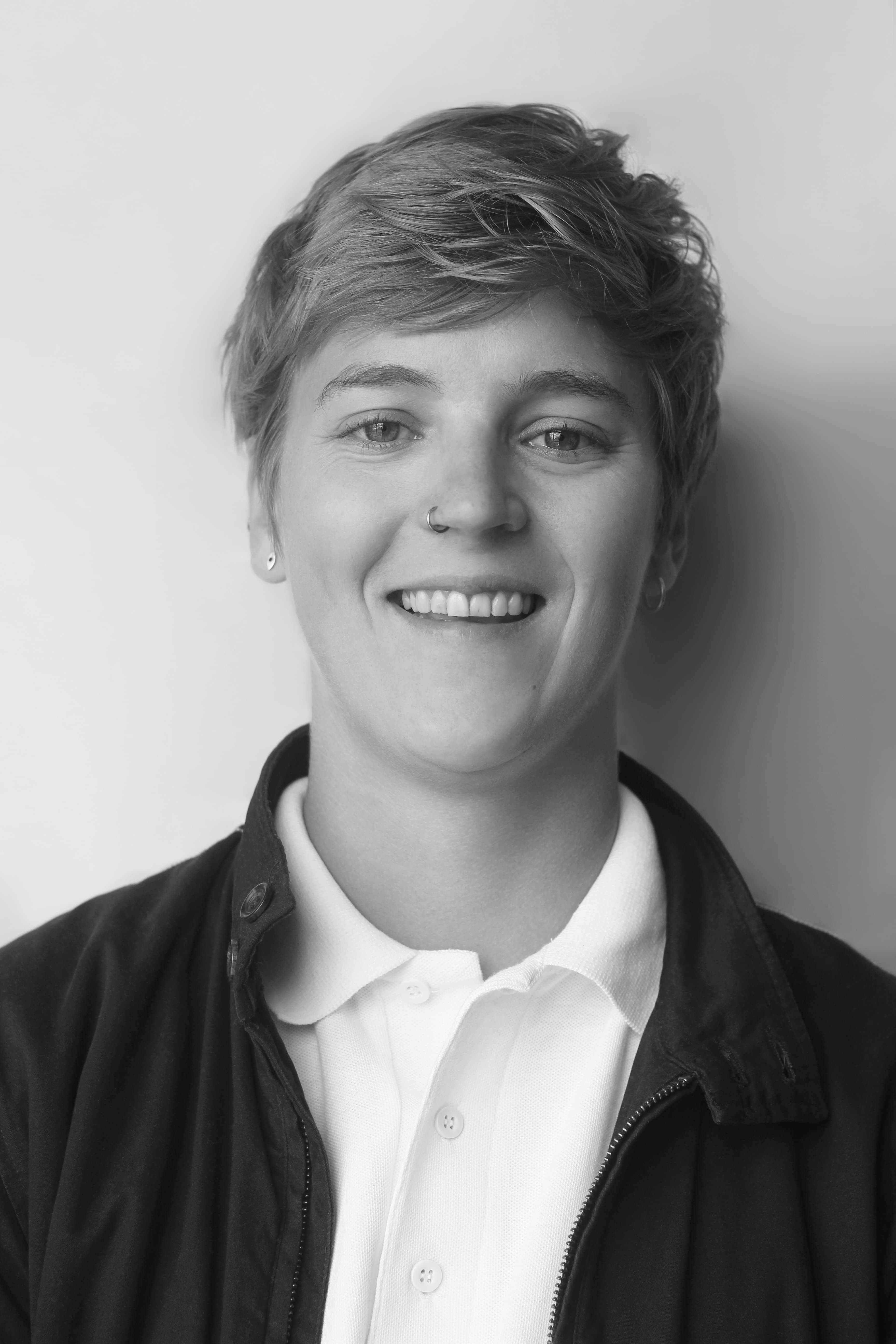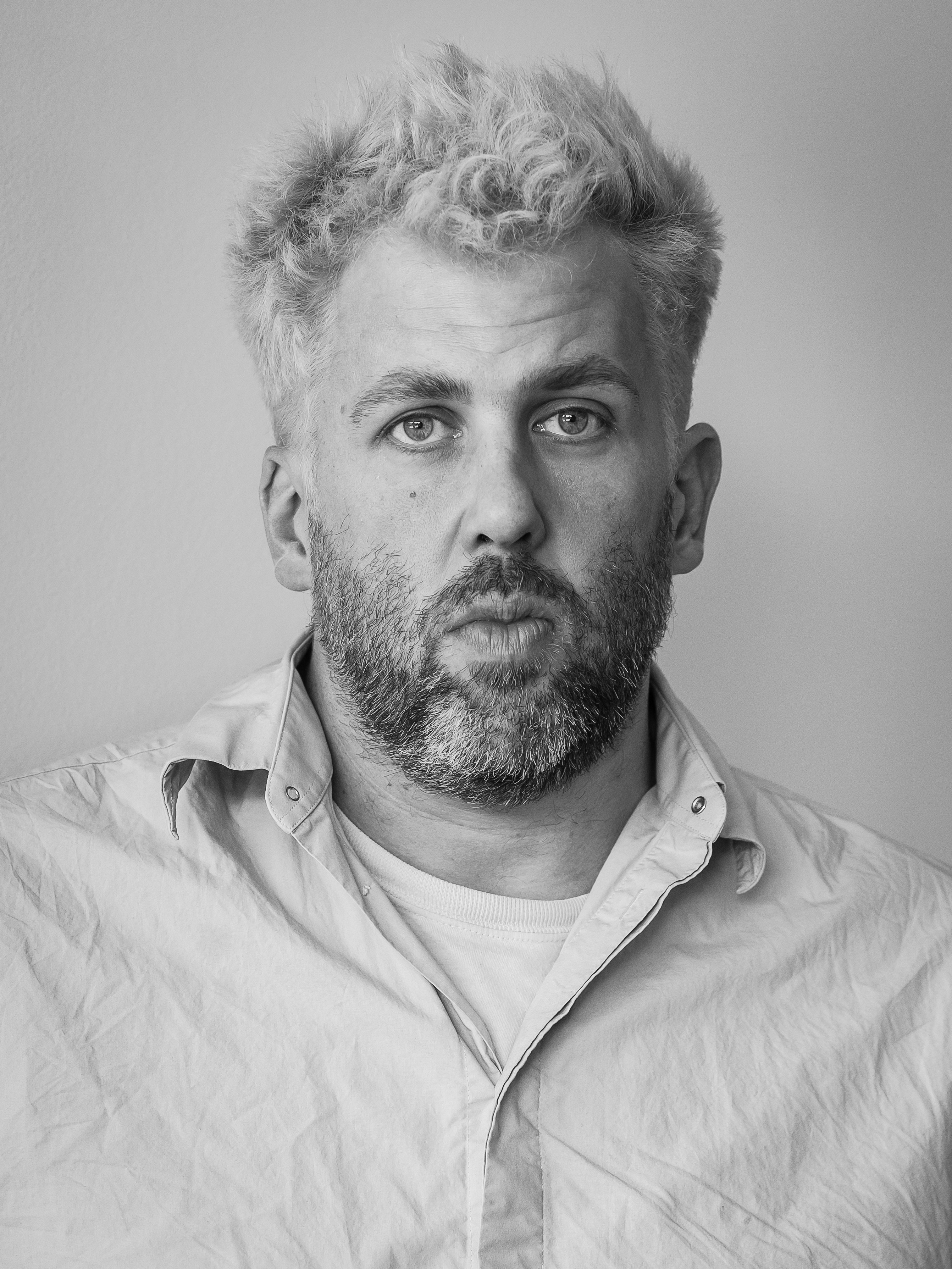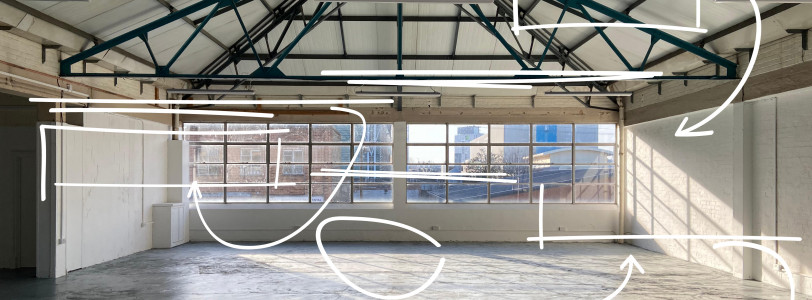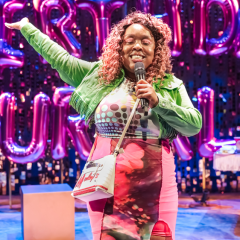Could you first please introduce yourself to the reader?
We are Than and Lise, co-founders of the London Performance Studios initiative. We both have backgrounds working within an arts context. Than is a visual artist and theatre maker, who also works with his ensemble The Director’s Theatre Writer’s Theatre. Lise comes from a performing arts background working in producing and theatre management, most recently working as Executive Director at the Gate Theatre in Notting Hill.
You recently set up London Performance Studios. Can you tell us about the initiative?
The London Performance Studios is a creative initiative that we set up to explore new structures and ways of working for the visual and performing arts. We are inspired by the forgotten history of Michel Saint Denis and Marcel Bruer’s London Theatre Studio (1935-39) which Lise Bell activated a disused church in Islington between the wars. The London Theatre Studio, a little known commission by the BauHaus architect in the UK, was an early attempt at creating a radical theatre ensemble and school in which artists and performers trained together that sought to internationalise modes of production and performance at that time. The initiative looks to re-imagine how buildings, creative freelancers and communities can better work together in a holistic vision of access, education, career development, practical artist support and democratised space. Our goal is to create a new working model for arts institutions and for our own practices, working with and for the artists who come through our doors over the course of ‘Seeding Space’ and other upcoming offers we have planned.
Lise Bell activated a disused church in Islington between the wars. The London Theatre Studio, a little known commission by the BauHaus architect in the UK, was an early attempt at creating a radical theatre ensemble and school in which artists and performers trained together that sought to internationalise modes of production and performance at that time. The initiative looks to re-imagine how buildings, creative freelancers and communities can better work together in a holistic vision of access, education, career development, practical artist support and democratised space. Our goal is to create a new working model for arts institutions and for our own practices, working with and for the artists who come through our doors over the course of ‘Seeding Space’ and other upcoming offers we have planned.
Within the initiative, we are planning a series of offers across the next 18 months to support artists to make new work and expand their practice. The initiative has a specific focus on finding ways to offer practical support to artists from across practices. It’s often practical issues of space, time, money that can prevent a project from getting off the ground. This, combined with theatres not being able to take as much risk as we look towards a Covid-recovery, lead us to creating ‘Seeding Space’, offering 100 free space bursaries to artists from across the visual and performing arts over the next 18 months, to try to help projects get off the ground and feed into the wider ecology of the industry, hopefully supporting a re-growth for the artists from grassroots and emerging artists to create a pipeline all the way through to the UK’s main galleries and stages.
How did you two end up working together on this? What motivated the initiative?
We met in late 2019 at a party and got talking about our experiences, frustrations, and hopes for the future in our different practices. We both have over a decade of experience working in our different practices, and were interested to explore what happens when you bring these two worlds of the white cube of the gallery and black box of the theatre together. We clicked right away and had been thinking for a while of a way to work together. Then the pandemic came along and we decided it was the perfect time to ride the wave of calls for change and set up an initiative that could offer practical support to artists alongside exploring alternative structures and ways of making for the performing and visual arts.
In April, LPS announced that they are offering Seeding Space bursaries for 100 artists/organisations. Tell us about the offer?
Seeding Space is the first of a series of offerings from the London Performance Studios. We are offering 100 free space bursaries of between 1 and 3 weeks of time in one of our three units in our SE15 warehouse building. We’re lucky enough to have these beautiful spaces, ranging from 4mx4m right through to 12mx16m so there’s space to do a whole range of things. The offer is open to individuals, collectives, companies, and community organisations who can clearly demonstrate a need for space and a creative idea they wish to develop. The offer particularly looks to support those who are at risk of falling through the gaps of wider industry recovery, due to the lack of risk organisations will be able to take across the next few years, particularly regarding early career artists and those from minority backgrounds already less represented across the industry.
Some of the suggestions we think might work really well would be anything ranging from creating a large scale art piece that you might not have space for in your studio or home, a space for a community event or talk, a gallery exhibition, all the way through to a full rehearsal run for a new show. But we are really open to hearing what people want to do in the space and nothing is too mad for us!
The offer of space is also supported by wrap around support provided by myself and Than. We can help with a dramaturgical process, advice on next steps for a project, and support on fundraising applications. We also have a fully equipped workshop for people to use if they want to build anything. We want as many people as possible to come through our doors, to work with us, to create and to play. We’re excited to meet all this talent on our doorstep.
Seeding Space is offering something that’s a real premium in London – space. How are you able to do this at no cost to the artist?
We are running Seeding Space on a social enterprise model. The offer of free space is made possible through a social enterprise financial model, re-allocating funds generated through commercial hires of the same spaces on a percentage split between commercial and free space offers. This commercial hire income allows us to maintain overheads whilst offering artist support initiatives free of charge.  Than Hussein ClarkWe’re also actively fundraising to ensure we can expand the offer even further and to support additional future offers.
Than Hussein ClarkWe’re also actively fundraising to ensure we can expand the offer even further and to support additional future offers.
The offer of advice and support, to many, will almost be as valuable as the use of your spaces. How are you hoping to connect artists together?
We want to make sure that the space and the wrap-around support can offer a space for artists to explore and discover without necessarily worrying about a specific output or deadline. We really believe in the importance of cross fertilisation across the arts industries, and we aim to bring together a community of artists from all backgrounds who might not otherwise be afforded the opportunity to work with and learn from each other. Particularly we feel that there are lots of artists whose practices don’t necessarily fit into the boxes of ‘gallery’ or ‘theatre’ and we want to encourage this exploration and breaking of form. All the artists who come and work in our spaces will feed into our wider organisational mission and we want to learn from them as much as we want them to learn from each other.
Why do you think it is so important for artists to have this space at this time?
We have all spent the last year in our homes and away from all the individual people who make up our industry and create the joy that we feel when working together in a room. Offering space at this moment is about finding ways to reconnect and come back together to make and create. Even just a change of atmosphere can be so important to a creative process. But also we want to make sure that this offer really centres the individual. So often offers of space come with a commitment attached that can often benefit the institution more than the artist. We want to create space to rediscover our practices and relearn how to explore them. We want the spaces to feel democratic and accessible – anyone, whoever you are, with an idea to explore should feel they are eligible to apply.
What are some of the barriers you’re hoping to break down with this offer?
Alongside what is mentioned above, we want to make space accessible. So often space is political – who you know, how you’re invited in, how you are expected to operate once inside. We want to break down these barriers. It’s not about who you know but who you are. Particularly we’re trying to reach out to early career artists and artists who don’t already have connections to institutions, or perhaps don’t feel those institutions are for them.
Free space is an act of opening up these institutions. It removes some of the barriers of who can afford to make work, who is invited to make work, and puts the impetus back on the individual. In the words of Joan Littlewood ‘I do really believe in the community. I really do believe in the genius in every person. And I’ve heard that greatness come out of them, that great thing which is in people.’
You have had a long illustrious career in performing and visual arts. Could you talk about how you first entered the industry, and some of the highlights of your career path to date?
Lise: I was always interested in theatre but didn’t ever imagine what a career in theatre would look like. After university I was lucky to get an internship at an amazing company called Mousetrap Theatre Projects which offers free tickets to young people to experience theatre for the first time. From there, I actually ended up working in finance at the Tricycle Theatre (now Kiln) which I was horrified by at the time, but I’m so grateful now to understand numbers! From there, I did a couple of independent shows at the Edinburgh Fringe and worked my way up in producing at the Bush Theatre before becoming Exec Director at the Gate Theatre in Notting Hill. I’ve had loads of highlights but I think some of the top ones would be the offsite season in Shepherd’s Bush that we ran when we were rebuilding the theatre - going into local spaces and taking our shows out into the community and opening the first season I worked on at the Gate which was nerve-wracking but amazing. And the big one would be having the opportunity to meet all the incredible artists I’ve worked with along the way!
Than: I trained as an actor before studying the visual arts first at Goldsmiths and then later in Germany. Similarly to Lise, I had very little clarity about how to make a path into creative industries work or what that path would look like. I was very lucky to start working with a gallery in Berlin when I was still a student in germany and things went from there. I have also tried to always create independent structures for other artists as my career has developed. This continues with my role as Editor at Large for Montez Press and Montez Press Radio, teaching, my work leading the The Directors Theatre Writers Theatre Ensemble, and now with London Performance Studios. There have been many surreal and wonderful moments along the way, but today, I think very fondly about my current exhibition at the CRAC Ocatania in France which explores the city of Tangier, and a play that was produced before the Pandemic for the Move Festival at the Centre Pompidou in Paris, that look at the complicated feelings that I had at that time about the 50th Anniveriary of the Stonewall Riots as a queer artist working today.
What else does LPS have in the pipeline? Is there anything you can tease at this point?
We are currently in the process of planning some additional offers to run alongside Seeding Space which we will announce in the Summer. There’s plenty more exciting plans ahead but we have to keep them under our hats for now – stay tuned over the coming months for more!
How can artists apply for Seeding Space?
Applications will run on a rolling basis every 3 months. The next round of applications are open from the 5 - 26 July and then again throughout the rest of the year. You can find out all the dates and the application form on our website www.londonperformancestudios.com.
And where can people find yourself and LPS online?
www.londonperformancestudios.com
Instagram: @london_performance_studios
Twitter: @LPSInitiative









0 Comments